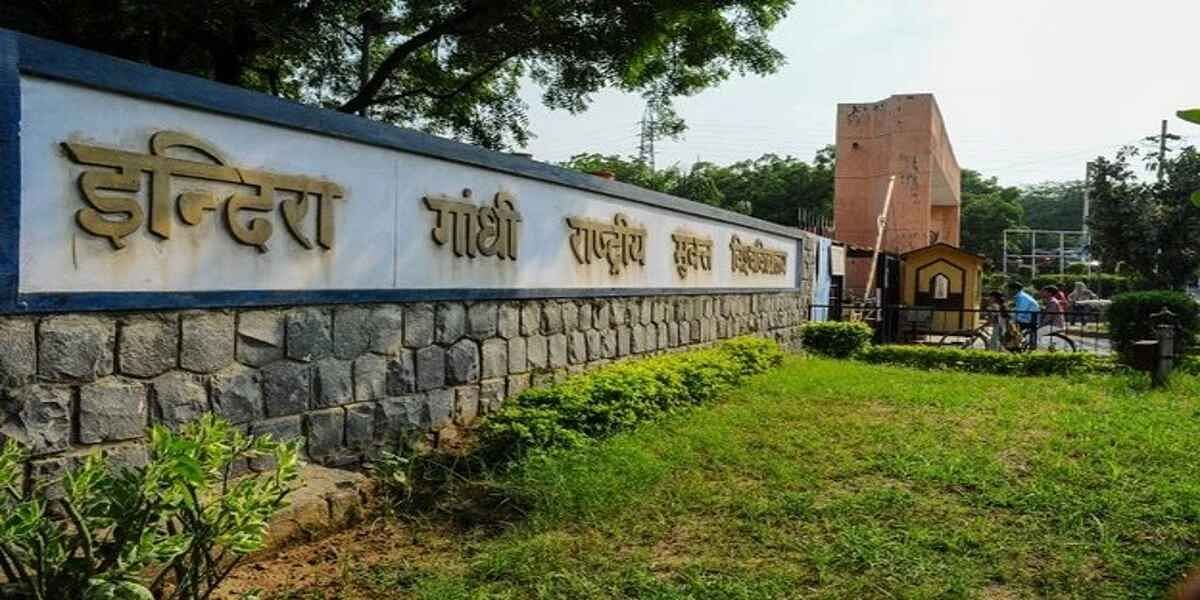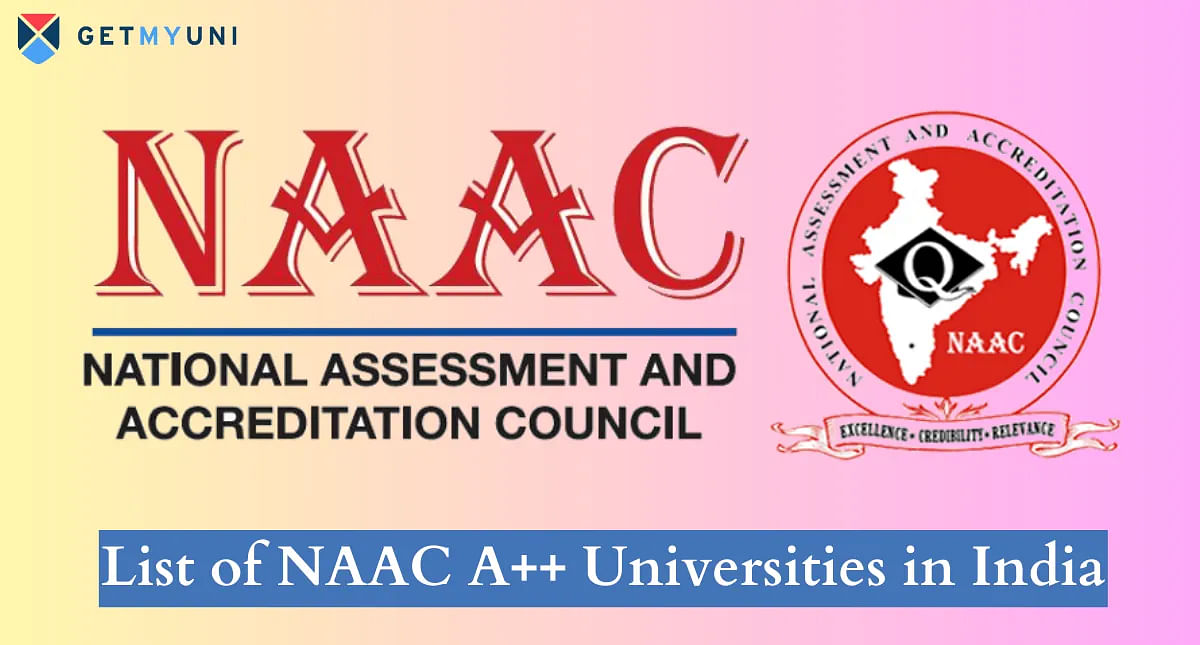DIG Full Form is Deputy Inspector General of Police. Learn more about what DIG means, its explanation, definitions, and the salary offered.
The full form of DIG is Deputy Inspector General of Police, also known as Additional Commissioner of Police in some states of India.
It is a position that holds high esteem in the police departments in India. As one of the top ranks, an officer can obtain, DIGs assist the Inspector General of the Police in supervising the police force in a particular area. Therefore, being DIG or any rank in the police department is an honour.
What is the Full Form of DIG?
DIG, as mentioned earlier, stands for Deputy Inspector General, a one-star rank in the Indian police, below the Inspector General of the police. It is a selective rank to which IPS officers are promoted after serving either the Senior Superintendent of Police or the Deputy Commissioner of Police (Selection Grade).
Their attire consists of Gorget patches on their collar, with a dark blue background and a white outline stitched. There is no limit to the number of DIGs a state can have; in fact, most states have several DIGs.
Key Duties of DIG
DIGs generally work under the IG or the Joint Commissioner of Police.
Here are some of the key duties of DIG:
- To report to the Inspector General (IG) and carry out the instructions given by them.
- To assist and represent Inspector General wherever they are not available.
- To solve cases, maintain order within their competence so long as they have a large area of control compared to the SP.
- To maintain efficiency and discipline in the police department and their fellow officers.
- To take control over cases that are beyond the powers allocated to the SP.
- To act as a representative of the IGP when issues with the District Magistrate arise.
Roles of DIG in Different Departments
The DIG has to work in cooperation with the District Magistrate to handle certain issues. In addition, DIG is held responsible for providing reports to the Inspector General of Police. Deputy Inspector General's main role is to build effective police discipline in a particular region.
Other roles of DIG are tabulated below.
| Short Forms | Details |
|
CAPF |
Stands for Central Armed Police Forces Comes under the authority of the Ministry of Home Affairs (MHA) Police officers obtaining DIG in the CAPF department are called 'DIG of CAPF'. |
|
NIA |
Stands for National Investigation Agency Law enforcement agency founded on 31 December 2008 Founded by the Indian Government under the National Investigation Act 2008 Founded as a counterterrorism organization after the Mumbai terror attacks |
|
IB |
Stands for Intelligence Bureau India's internal intelligence agency Rebirth of the Central Intelligence Bureau (CIB) in 1947 under the MHA SSPs who are appointed as DIG of IB are called Joint Director of IB |
|
SVPNPA |
Stands for Sardar Vallabhai Patel National Police Academy Premiere training centre exclusively for IPS officers to train them rigorously for 11 months Officers promoted to DIG at SVPNPA are called Deputy Director of SVPNPA |
|
CBI |
Stands for Central Bureau of Investigation Prime investigation agency in India operating under the MPPGP Investigates economic and social crimes, as well as corruption cases Officers promoted to DIG at CBI are called Deputy Inspector General of CBI |
Salary of DIG in India
According to IPS Pay Rules 2016, released by the Government Gazette, the Deputy Inspector General of Police (DIG) receive their salary based on the Senior Time Scale of the PayScale (pay level 11). The basic salary ranges from INR 37,000 to INR 67,700 per month for the Additional Superintendent of Police and Deputy Superintendent of Police is INR 56,100 per month based on the Junior time scale (pay level 10). The Central Government frequently evaluates the Pay Scales.
Other Perks of DIG in India
DIG enjoys a range of perks. In India, DIG is given utmost respect and is held responsible for the smooth functioning of the police force.
Below mentioned are some benefits other than salary:
- Rent-free Accommodation
- An Official Vehicle
- A Driver
- A Telephone Connection
- Security Guards
- Domestic Helpers
- Free Electricity
- Free Telephone Connection
- Medical Treatment Expenses
- Paid Study Leave
- Lifetime Pension
How to Become DIG?
Candidates who wish to join the police force as DIG must first appear for and clear the Civil Services exam conducted by the Union Public Service Commission (UPSC) to become an IPS officer. After which, they must get selected under the IPS rank. After completing their training module with the IPS, they can start as DSP of a district.
After that, it will take around 10-12 years to obtain a position as a DIG. Another way is to go through the IPS training modules, obtain a position either as an ACP or as an ASP, then work your way up to SP, followed by SSP, and finally DIG based on the cases solved and the experience.
Candidates are advised to prepare for UPSC and All-India Services to qualify for DIG. UPSC is held responsible for appointing personnel to All-India Services.
Eligibility Criteria to Become DIG
Candidates who are looking forward to becoming a part of All-India Services must check their eligibility criteria. Nationality is the most crucial criterion to meet. A candidate must be an Indian citizen.
The following eligibility criteria will help them get started:
Nationality of the Candidate
Educational Qualification
Nationality of the Candidate
The candidate must either be a citizen of India, Nepal, Bhutan, or a Tibetan refugee who came to India with the intent to settle in the country permanently, or a Pakistani, Burmeme, Sri Lankan, or East African migrant with Indian origins who came to India with the intent to settle in the country permanently.
Educational Qualification
Candidates appearing for the UPSC Civil Service Exam must fulfil either one of the following educational qualifications:
One must possess a valid Bachelor's degree from any recognized university.
They must have finished or are finishing the final semester exams for the course they are enrolled in (proof of this must be provided to verify the seat for the exam).
Candidates must have completed a technical bachelor's degree recognized by the Government of India.
One must have passed their final semester exam in the MBBS course.
UPSC and All India Services
UPSC is short for Union Public Service Commission, a premiere institution responsible for recruiting and appointing personnel to the All-India Services, consisting of Group A and Group B services. Its prime responsibility is to conduct examinations and appoint staff to the designated services under the All-India Services.
All-India Services (AIS) include the civil services of India, predominantly the Indian Administrative Services (IAS), the Indian Foreign Services (IFS), and the Indian Police Services (IPS). The UPSC board examines the AIS on an annual basis. Candidates who clear the exam are appointed to their respective services based on the rank they obtained, called the All-India Rank (AIR).
UPSC IPS Exam
The UPSC IPS exam consists of 3 stages to clear; Mains, Prelims, and Interview. The candidate has to make it through all three stages and score the minimum cut-off point according to their categories. Upon clearing the exam, the candidate is recruited and trained at the Sardar Vallabhai Patel National Police Academy for 11 months. General category students can attempt the UPSC IPS exam up to 6 times, whereas OBC candidates get 9, and SC/ST & physically disabled candidates have unlimited attempts.
If you want to obtain a deeper understanding and knowledge of the subjects involved in the UPSC IPS exam, the following books are great sources:
| Books | Author/Publisher |
| Indian Polity for Civil Services Examinations | M Laxmikanth |
| Indian Art and Culture | Nitin Singhania |
| Oxford School Atlas | Oxford Publishers |
| Certificate Physical and Human Geography | Goh Cheng Leong |
| Indian Economy | Ramesh Singh |
UPSC Age Limit & Number of Attempts
Students can refer to the NCERT books from 8th class to 12th class to prepare for the UPSC IAS and IPS exams thoroughly. Students should prepare from the NCERT books for History, Social, Geography, Political Science, Economics, Science, English, and Maths.
The corresponding table provides details of the Age Limit for UPSC.
| Categories | Maximum Age |
| General | 32 |
| OBC | 35 |
| SC/ST | 37 |
| Physically Disabled | 42 |
|
Jammu & Kashmir Domicile |
General - 37 OBC - 40 SC/ST - 42 Physical Disability - 50 |
|
Disabled Servicemen |
General - 35 OBC - 38 SC/ST - 40 |
|
Ex-Servicemen |
General - 37 OBC - 40 SC/ST - 42 |
The corresponding table provides details of the Number of Attempts for UPSC.
| Categories | Number of Attempts |
| General | 6 |
| OBC | 9 |
| SC/ST | Unlimited attempts till age limit |
|
Physically Disabled |
If General - 9 attempts If OBC - 9 If SC/ST - Unlimited attempts till age limit |
|
Jammu & Kashmir Domicile |
If General - 9 attempts If OBC - 9 If SC/ST - Unlimited attempts till age limit |
|
Disabled Servicemen |
If General - 9 attempts If OBC - 9 If SC/ST - Unlimited attempts till age limit |
|
Ex-Servicemen |
If General - 9 attempts If OBC - 9 If SC/ST - Unlimited attempts till age limit |










